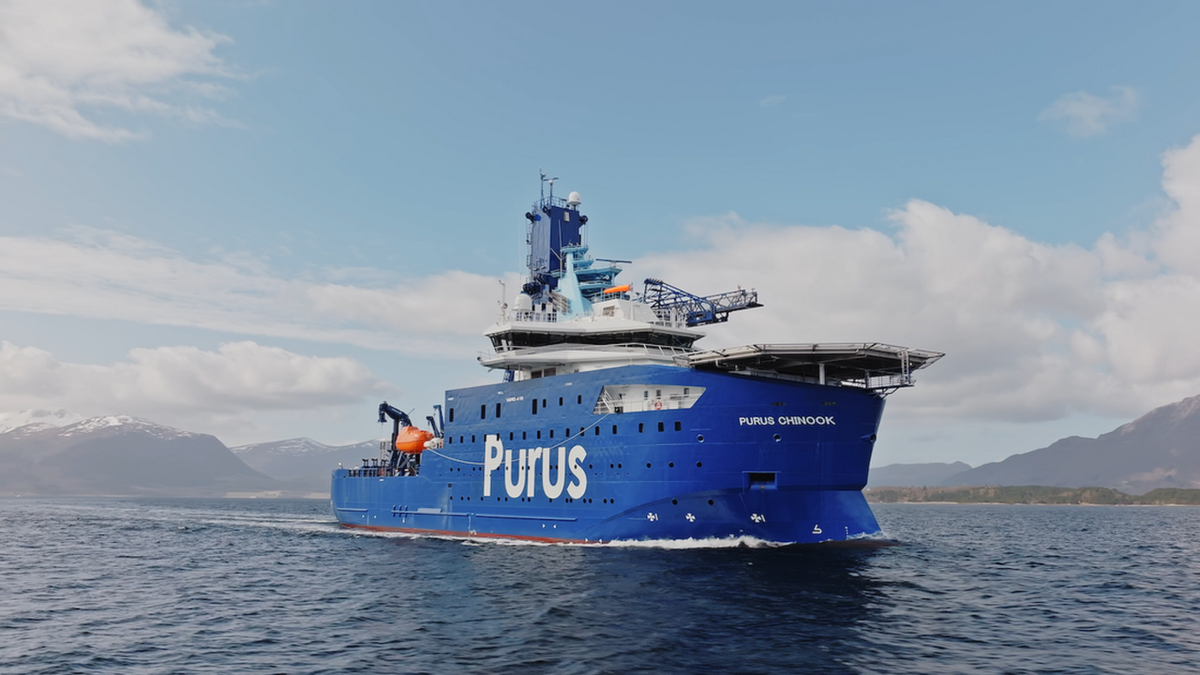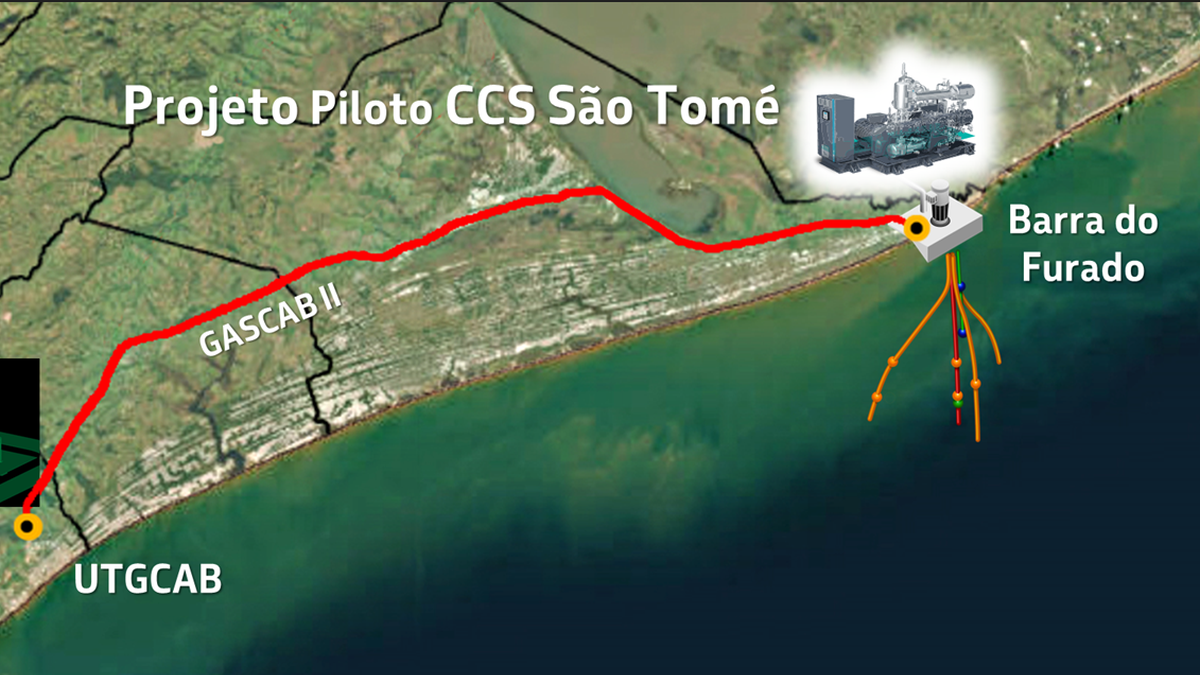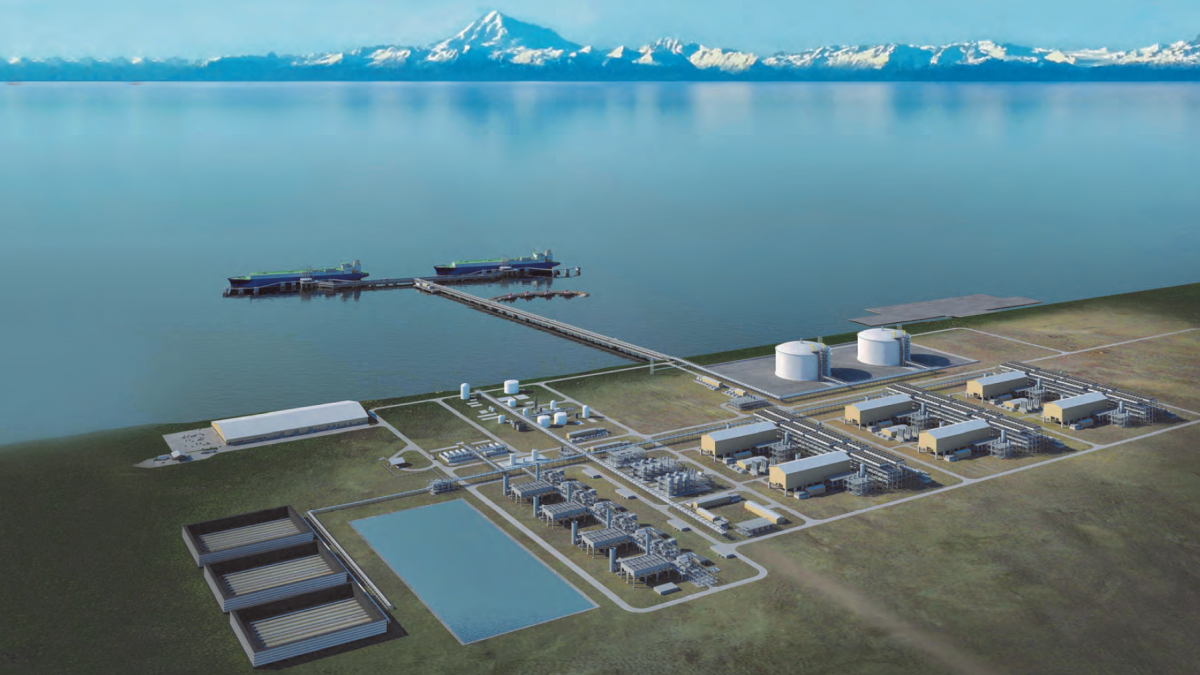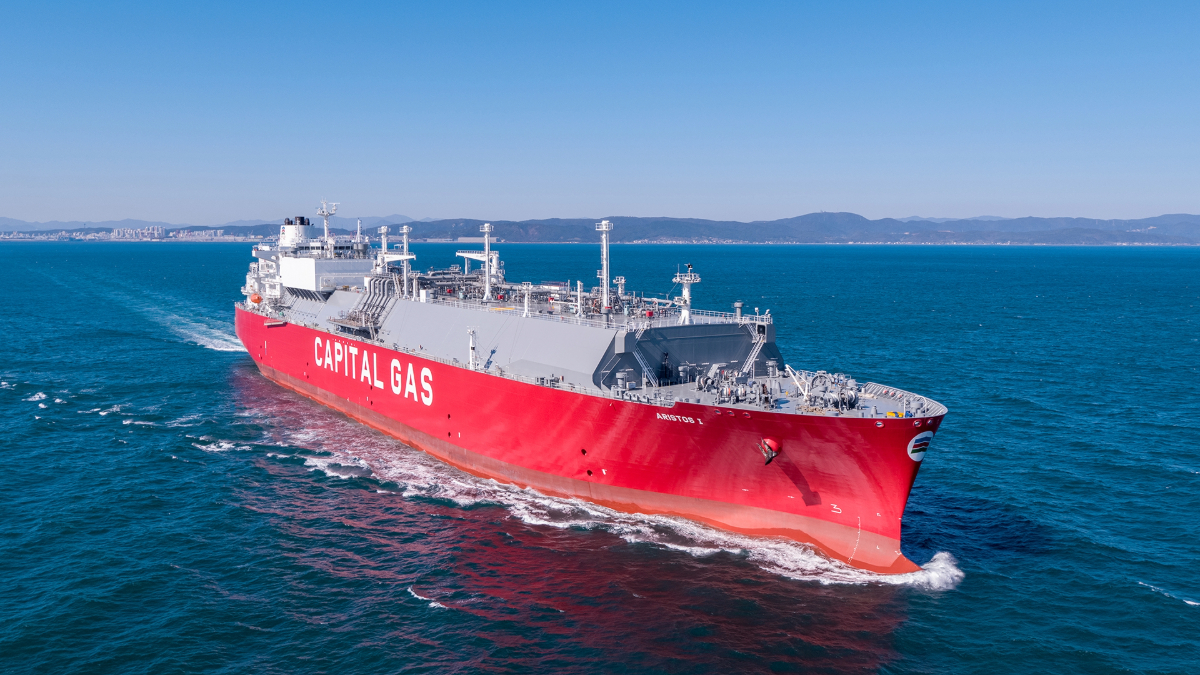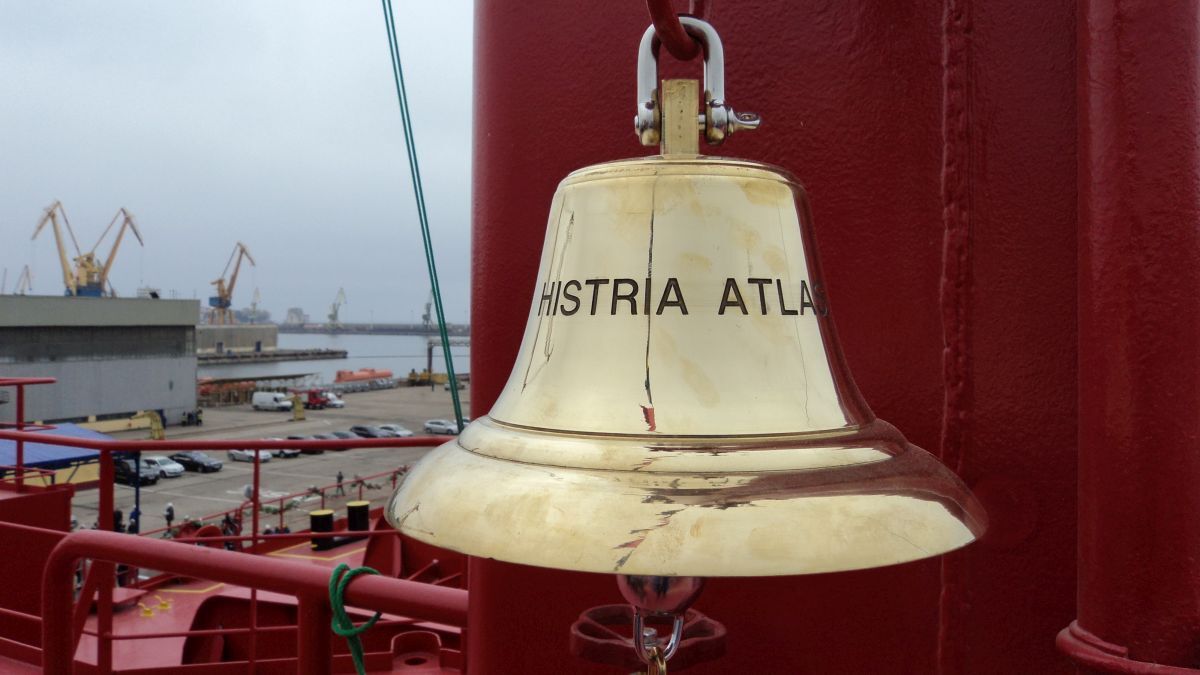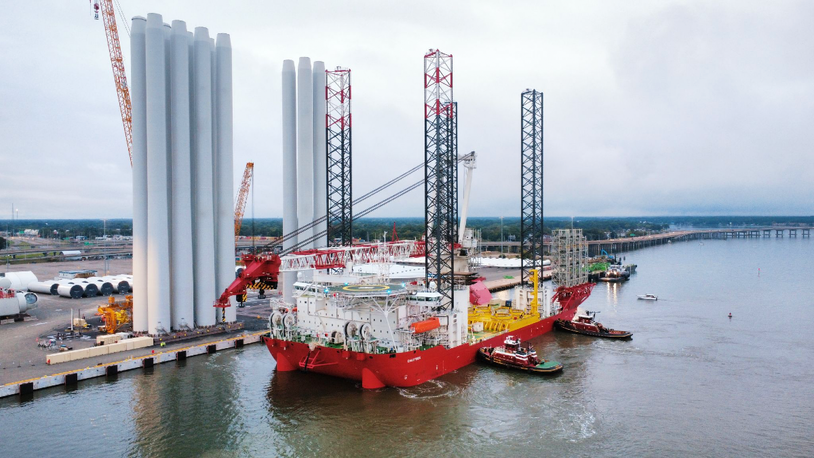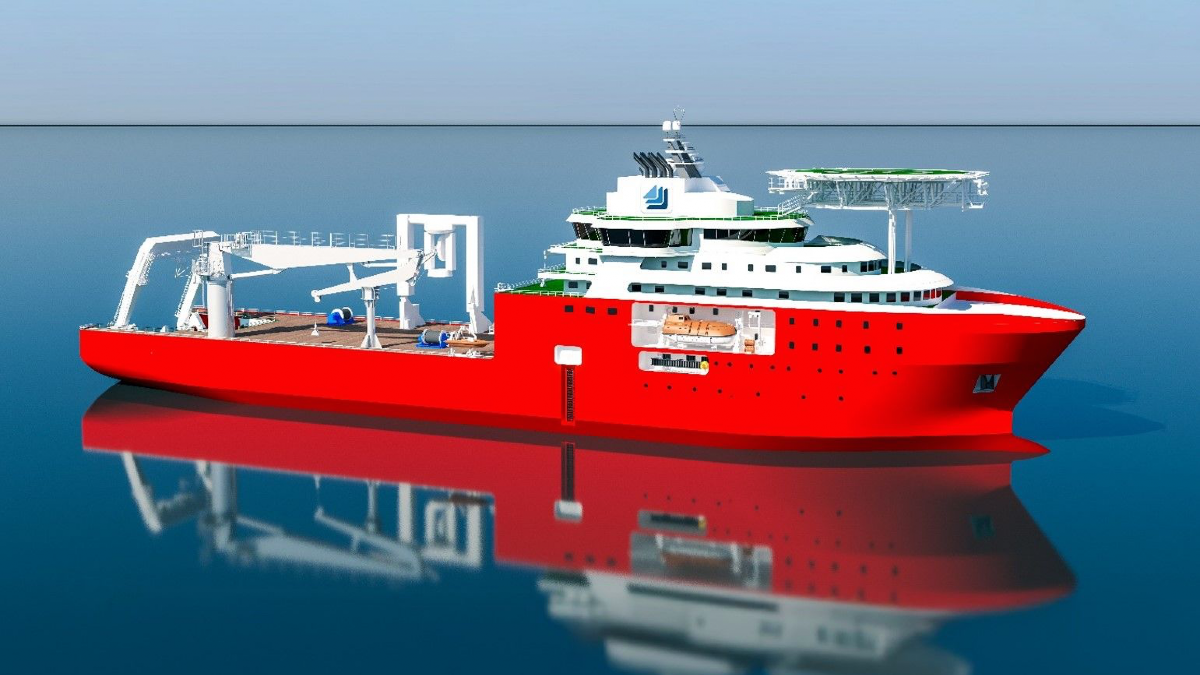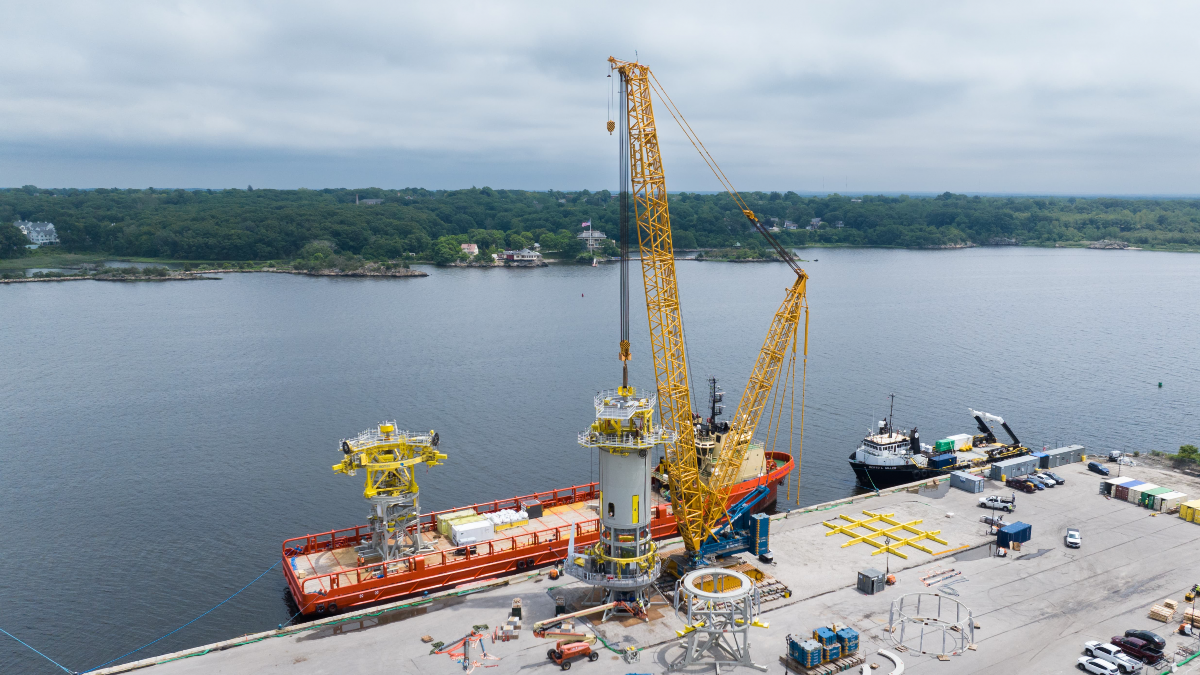Business Sectors
Contents
German offshore wind auction ‘tilted in favour of oil majors’
The result of the recent auction for 7 GW of offshore wind capacity in Germany – in which oil majors BP and TotalEnergies paid huge sums to build zero-subsidy windfarms – highlights flaws in German auction design, critics argue
Stiftung Offshore-Windenergie managing director Karina Würtz has joined growing criticism of the design of the auction, which although highly successful in some respects, will place unprecedented pressure on the supply chain. The auction design, which was the subject of intense debate in Germany, has already been heavily criticised by WindEurope.
For the first time in Germany, the auction for offshore wind in four areas in the North Sea and Baltic used a dynamic bidding process and encouraged negative bidding. Although heavily criticised before the auction, that process was a significant success in one sense, in that it secured huge payments to the government, but it has raised a number of important questions and concerns about market concentration. The aim of the dynamic bidding process is to differentiate between bidders when there are several zero-subsidy bids. The bidder prepared to pay the most in the dynamic bidding process is awarded the contract.
The auction saw the oil companies pay €12.6Bn (US$14.0Bn) to build windfarms without state support, but some leading players such as Ørsted chose not to bid. Ørsted group chief executive said the company “very deliberately chose not to pay record high concession prices for new offshore projects in Germany.”
Ms Würtz described the sums paid in the auction as “unprecedented worldwide” but said “what is not surprising, however, is that the bids were very high… and the fact that two financially strong giants from the oil and gas sector were the successful bidders.
“All these points are favoured by the auction design adopted by the German government, the ‘Wind Energy at Sea Act,’ and were the subject of intense debate and controversy last year,” she explained.
When the design of the auction was being debated, industry proposed a limit on the amount that could be bid, strengthened ‘qualitative criteria’ to enable differentiation between bids and a mechanism that would reward innovation. It also proposed limiting the number of bids a single party could make to maintain the diversity of actors. These measures were not adopted and, “theoretically, this time, one bidder could have won the entire auction,” Ms Würtz said.
“To put this into perspective, to date just over 8 GW of offshore wind capacity has entered operation in Germany. Now, 7 GW have been awarded to two companies. Next year, another 8-9 GW is being put out to tender. If the auction design isn’t modified, there is a risk of an oligopoly in the German offshore wind market,” she said, “such is very high level of bids and already large project implementation risks that only a few companies can handle.
“The entry into the German offshore wind market of large oil and gas companies, with their know-how and financial strength, is welcome,” she concluded, “but it is in the interest of the Federal Government to maintain the diversity of actors, to spread project implementation risk and not exacerbate pressure on the market through uncapped bidding. The costs incurred in auctions are passed on – either to consumers or the supply chain, neither of which is desirable.”
Ms Würtz suggested additional pressure on the supply chain could have ‘dramatic results’ at a time when Germany needs massive investment in offshore wind to build out huge amounts of offshore wind capacity to meet targets set by the government.”
As highlighted by OWJ, WindEurope also highlighted that negative bidding means costs will have to be passed on to the supply chain, which is already struggling. “This needs to change for future auctions,” WindEurope said. “Negative bidding creates additional costs for offshore wind developers. These costs must be passed on. The EU needs as much new wind energy capacity as it can get, as fast as it can get it. All the money paid in negative bidding is money companies cannot invest in other wind energy projects. European governments should not follow the German example of negative bidding.”
BP senior vice president offshore wind Matthias Bausenwein said the company’s bid was “a real signal of our commitment to renewables.” He said the German win was important to the company because continental Europe “is an area with boundless potential for offshore wind. He said the German offshore wind auction also “presents opportunities for us to integrate the power from them into the country’s energy system, including two refineries and an expansive EV charging network.”
Sign up for Riviera’s series of technical and operational webinars and conferences in 2023:
- Register to attend by visiting our events page.
- Watch recordings from all of our webinars in the webinar library.
Related to this Story
Events
Offshore Wind Webinar Week
Maritime Decarbonisation, Europe: Conference, Awards & Exhibition 2025
Offshore Support Journal Conference, Americas 2025
© 2024 Riviera Maritime Media Ltd.



